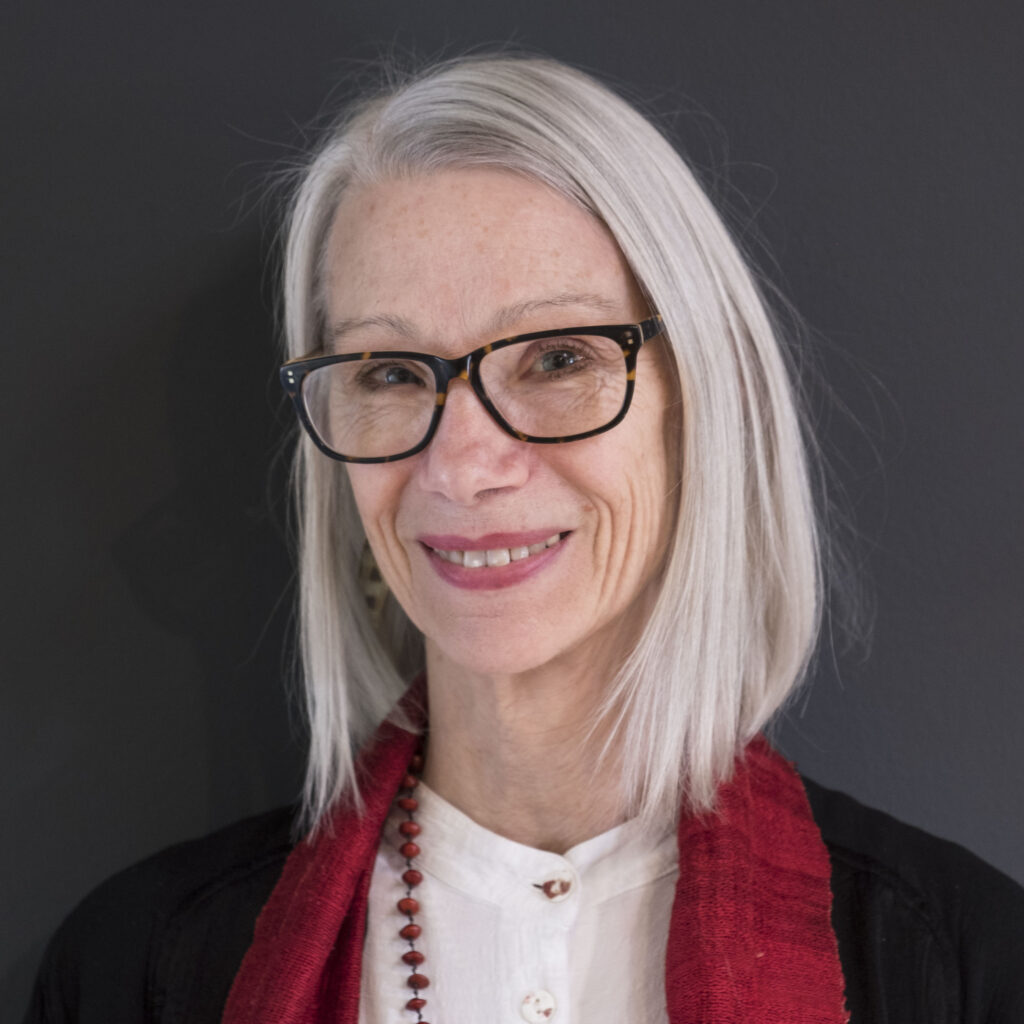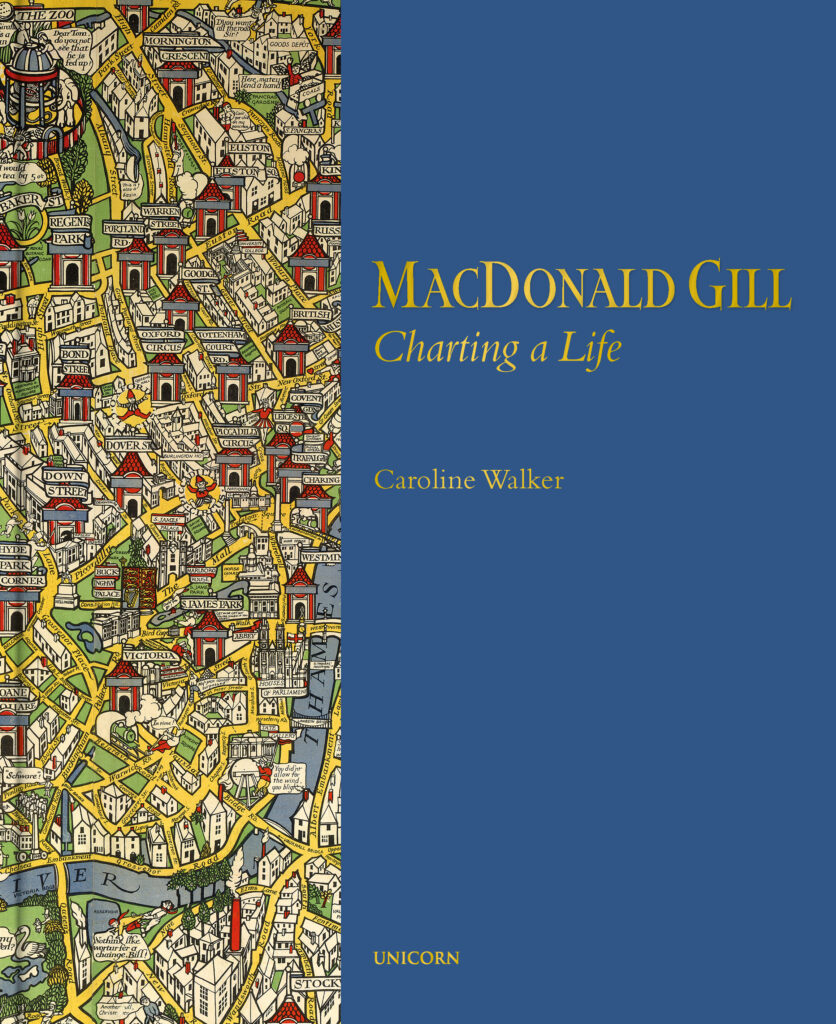 I was born in New York, but have been living in Britain for fifty years! The first part of my career was spent as a pianist, composer and conductor. Many of my works have been broadcast on the BBC, especially as scores for their Classic Serial, but that was some time ago. I live in Dorset with my wife and her garden.
I was born in New York, but have been living in Britain for fifty years! The first part of my career was spent as a pianist, composer and conductor. Many of my works have been broadcast on the BBC, especially as scores for their Classic Serial, but that was some time ago. I live in Dorset with my wife and her garden.
What you have written, past and present.
A late arrival to novels, I had previously written TV plays, some of which were broadcast on the BBC. My first novel, Zweck, a historical comedy about music, was published four years ago. It concerns a fictitious nonagenarian composer who knew everyone and hated most of them. In this novel, the main characters are fictitious but everyone else is real. It is set in the 1970s.
What you are promoting now.
My most recent novel, Champion, is a true story, a novel of persecution and heroism during the Second World War. It is based on the stories of two men from different worlds, both struggling in the febrile atmosphere of Nazi Dominated Europe.
The first is Herschel Grynszpan, dark haired, slight, with deep-set eyes. He is an undocumented Jewish adolescent living in Paris. He receives a postcard from his parents – recently bundled from their Hanover flat, put on a train and dumped, with 12,000 others, on the Polish border. Enraged, Herschel buys a gun and murders a minor official in the German Embassy. The repercussions trigger Kristalnacht, the nationwide pogrom against the Jews in Germany and Austria, a calamity which some have called ‘the opening act of the Holocaust’.
Intertwined is the parallel life of the German boxer, Max Schmeling, who as a result of his victory over the ‘invincible’ Joe Louis in 1936, became a poster boy of the Nazis. He and his movie-star wife, Anny Ondra, were feted by the regime – tea with Hitler, a passage on the Hindenburg – until his brutal two-minute beating in the rematch with Louis less than two years later. His story reaches a climax during Kristalnacht, where the champion performs an act of quiet heroism.
A bit about your process of writing.
I try to write every day. Usually I write in the morning and revise in the afternoon (often something I had written some days before – one chapter might be revised several times, even in the first draft). I try to read every word out loud, to get the sense of the rhythm of the words. This is especially true for dialogue, which I really enjoy writing. You can tell so much about a character by the slight variations in their speech patterns, not the ums and ahs, but the choice and order of the words they use. I like to feel that when the book is finished, I had written, read and weighed every word.
Do you plan or just write?
Both. I normally have a plan, but once that scaffolding is in place, I let the characters do the writing themselves. It depends on the story. In Champion, the events unfold as they actually happened, so I didn’t need to work out a plot structure. In the historical novel I am now writing, Dallas, fictional characters set in a real historical time and place, The structure is fluid, but to some extent needs to fit into the chronology of actual events. It isn’t set at the time of Kennedy’s assassination – I was at the parade, but didn’t witness the shooting. A story for another time.
What about word count?
Horses for courses, really. Zweck was a heavyweight, coming it at 120,000 words. Champion is leaner and meaner, only 80,000 words.
What do you find hard about writing?
Starting. It is a new problem every day. It’s easier to encourage myself to edit a previous chapter than to begin a new one. There are various subterfuges and helpers I can use to get started. Dictating some random thoughts onto a recorder can grease the wheels. A blank page is less terrifying if it contains even the smallest thought, the shortest sentence. Then you feel like going on. I also use a software package called ‘Scrivener’. This allows me to enter text, import web pages, and most importantly, to see and change the shape of the entire book as it develops.
What do you love about writing?
Almost everything. Each book, each situation teaches me new things. And of course the internet makes researching both pleasurable and far less tedious than it used to be – especially as I don’t live in a large urban area with libraries, etc., at my disposal. Sometimes, when researching a particular item, I accidentally find something else, which can liven up what I am writing. And the act of writing itself, passing the time with my characters, is immensely pleasurable.
Advice for other writers.
Whatever your style or genre, literary fiction or mass market romances, my advice is always to write as well as you can. Write every word. Spot clichés and either remove them, or turn them on their heads. For example, ‘You make a happy man very old’ is a great twist on a sclerotic saying. The best advice I can give is to enjoy what you are doing, do it every day, and while doing it forget everything else.


